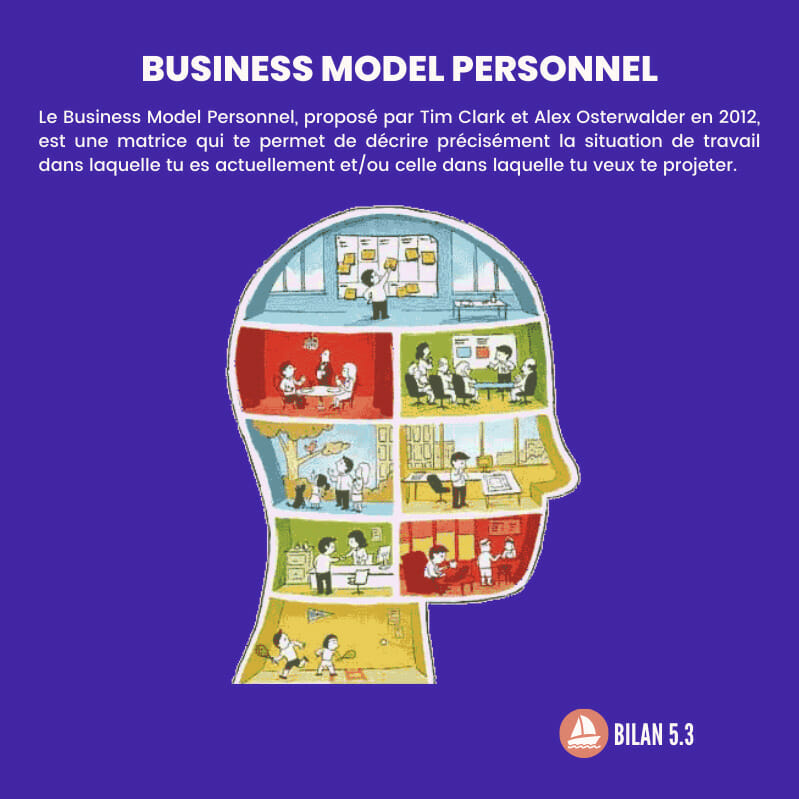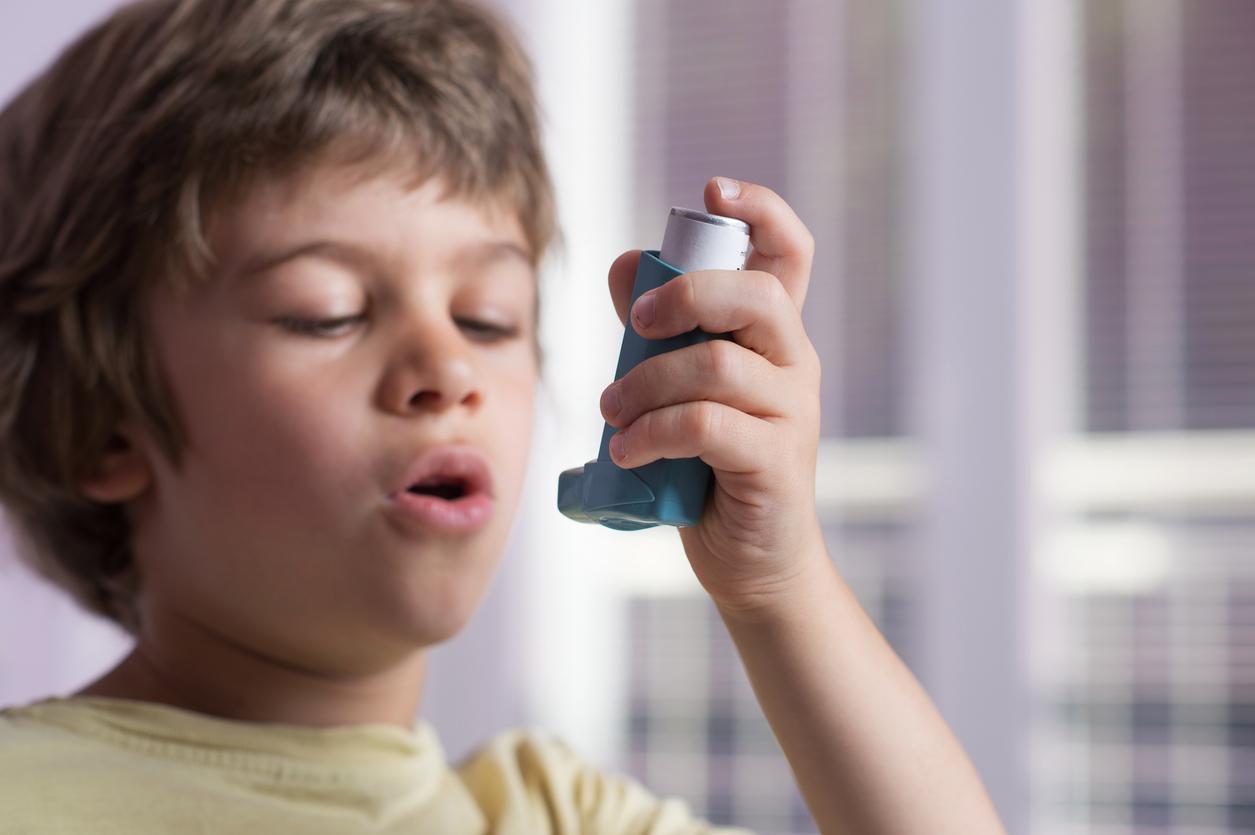Not always easy for small asthmatics to manage a daily life that can be complicated by more or less severe crises. To facilitate their existence, telemedicine would be effective. At least this is the conclusion of a study published in the medical journal Annals of Allergy, Asthma & Immunology. It would allow small patients who live far from medical centers and allergists to learn how to better manage their disease.
Researchers from the American College of Allergy, Asthma and Immunology (ACAAI) conducted a study to understand whether monitoring children with asthma by telemedicine was as effective as regular medical consultations. For this study, they compared the effects on these patients of face-to-face or remote medical visits. Telemedicine involved a visit to the nearest clinic. The participants were followed for six months.
Telemedicine as effective as consultations
The study showed that after six months, there was no difference between the benefits of the two types of consultations. All the children observed, whether they were followed in the clinic or by telemedicine, were able to improve their asthma control during the experiment.
“We found that real-time telemedicine through videoconferencing was just as effective as in-person visits to children. asthmaticsExplained allergist Jay Portnoy, former ACAAI president and lead author of the study. “In addition, we have seen high levels of child and parent satisfaction with remote care.”
“These results are encouraging because often those who have the greatest need for a specialist inasthma live in underserved areas. The study shows that these children can get effective care from a specialist, even though they do not happen to live in or near where an allergist is practicing.
Read also:
Telemedicine put to the test in nine French regions
A telemedicine booth at the pharmacist
Health and digital: Marisol Touraine’s strategy for 2020
What is well-controlled asthma?















